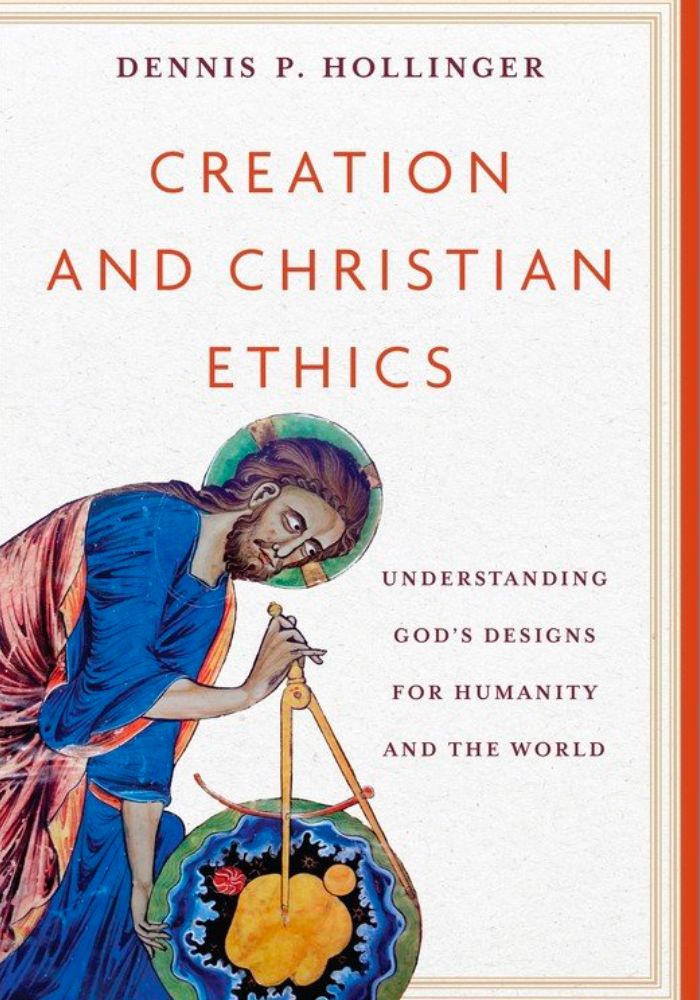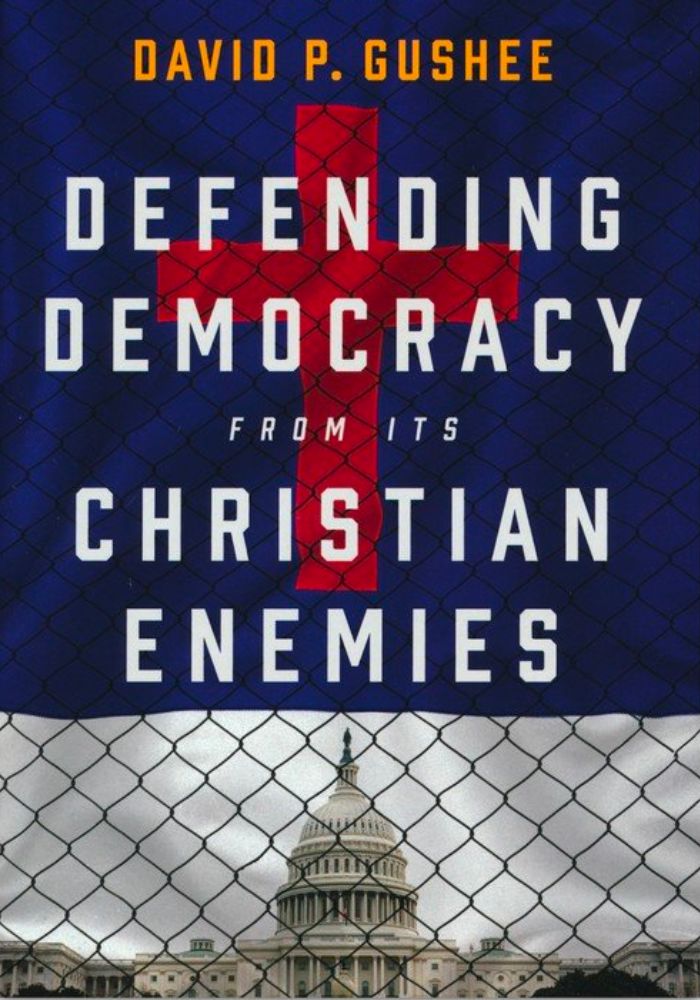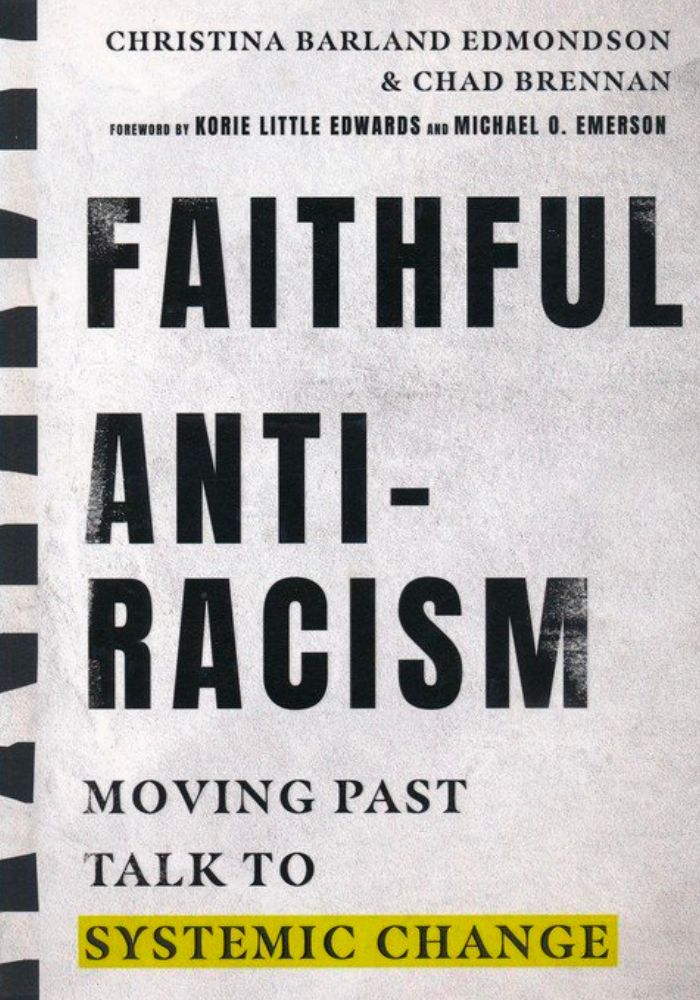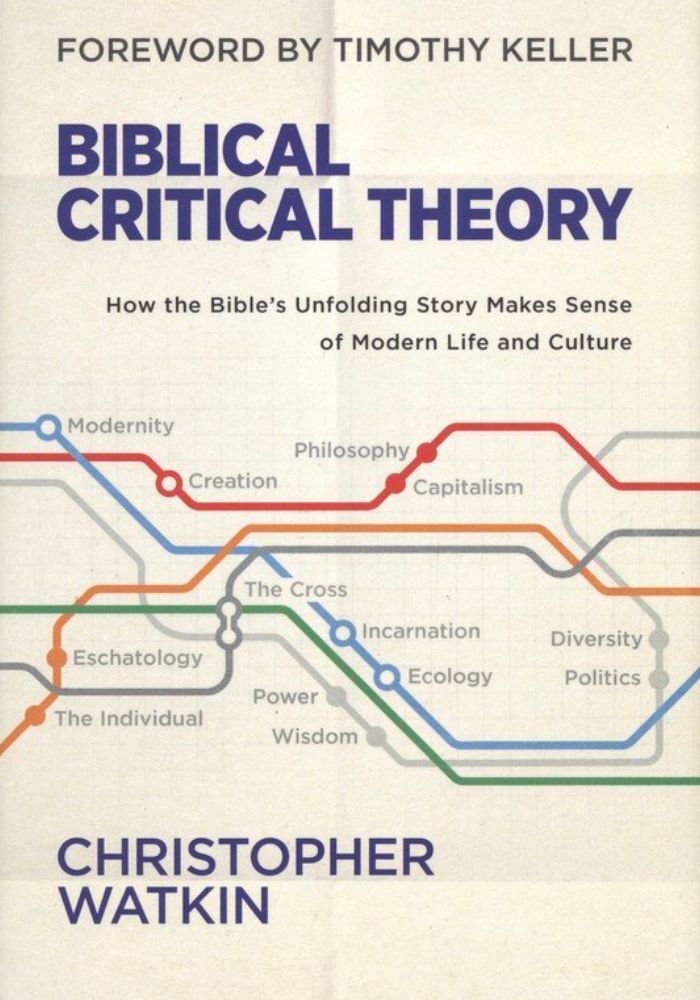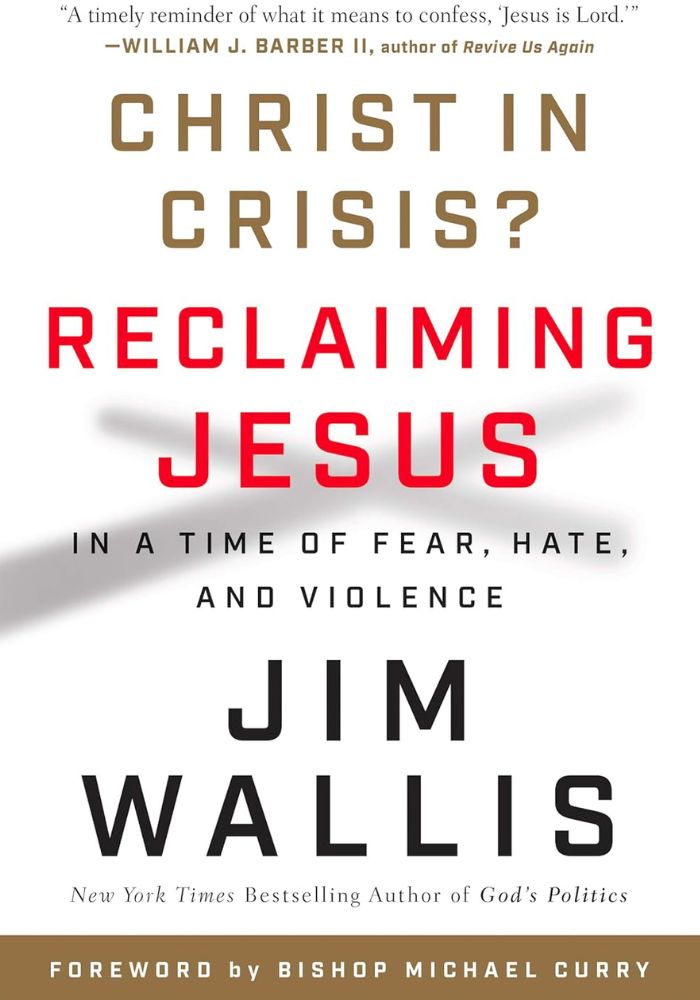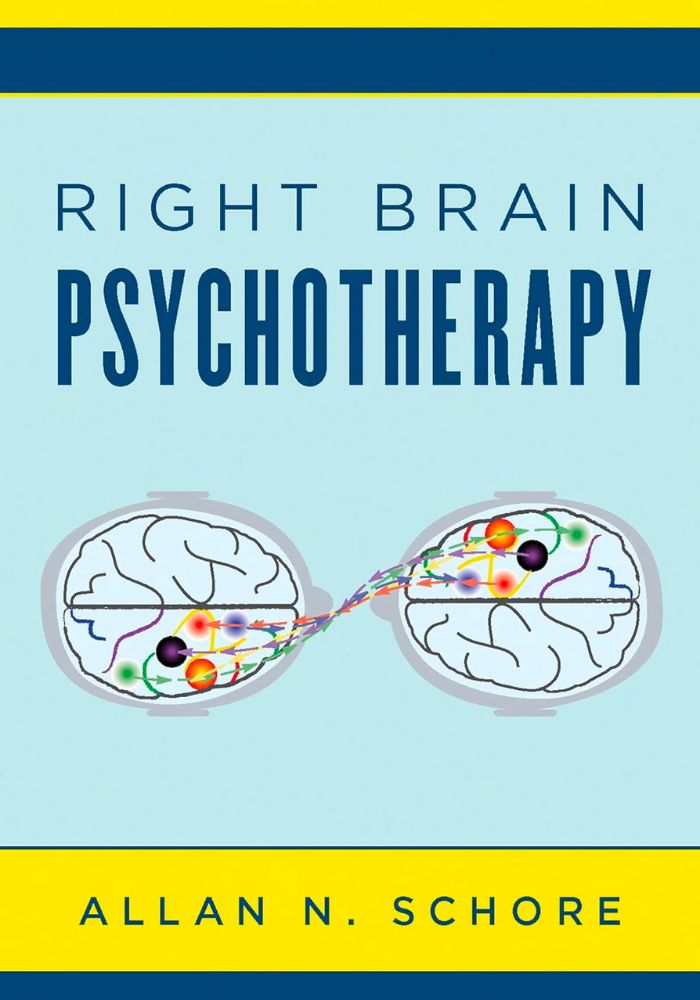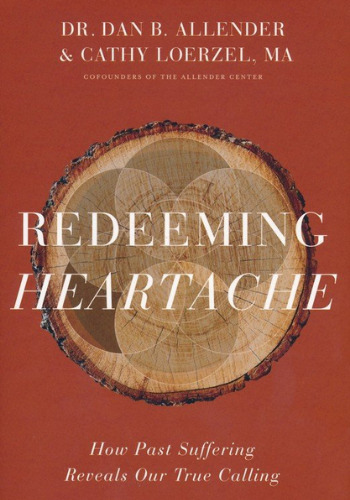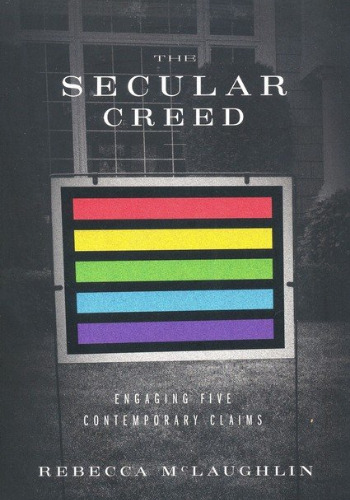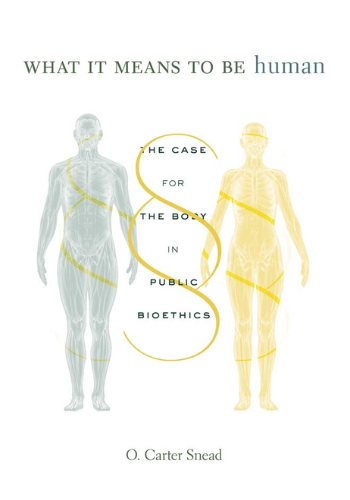Contemporary Issues & Ethics
All Faculty Book Recommendations
Select a button to read all of the Faculty Recommendations in each area.
Recommended by Dr. John Jefferson Davis
“Of all the books that I have read during the last five years, Allan Schore’s Right Brain Psychotherapy would be near the top of my list as a game-changer and paradigm-shifter.
Schore is a clinical faculty at the UCLA School of Medicine and a practicing psychotherapist with decades of clinical experience. He integrates that experience with cutting edge neuroscience research on brain lateralization, maternal–infant attachment theory, and the treatment of trauma and personality disorders. His groundbreaking research has important implications for theological education–how we teach systematic theology, ethics, biblical interpretation, homiletics, spiritual formation, and pastoral counseling. I wish I had read it thirty years ago.”
Recommended by Prof. Dean Borgman
“I was blessed by its seven Spiritual Practices. The seventh being: the opposite of fear is trust, and when fear is the political energy of a nation, we need to rebuild trust. So let us work and pray to grow in our trust of God, our friends, and our community.”
Recommended by Dr. Dennis Hollinger
“Watkin insightfully analyzes the shape and power of modern cultural forces through a perceptive combing of biblical theology. This award-winning book enables critical analysis through a probing of cultural contradictions, but more importantly through a rich application of the comprehensive biblical story.”
Recommended by Dr. Nicholas Rowe
“Edmonson and Brennan have a long pedigree in racial conflict resolution, especially in the church and Christian institutions. This is a well-balanced and biblical work of praxis, leading readers in the hard work of the discipleship of loving your neighbor as yourself. I endorse this work highly for those who are serious about the witness of the Body of Christ in our culturally and ethnically disputatious times.”
Recommended by Dr. Dennis Hollinger
“Gushee provides an account of growing authoritarianism, not only in the United States, but in various countries throughout the world. He ably shows that authoritarian reactionary Christianity, and accompanying nationalism, is a significant threat to democracy.”
Recommended by Dr. Ken Barnes
“A Christian ethicist of the highest order, Dr. Hollinger rightly corrects the church’s over-emphasis on the Fall, by properly viewing the study of ethics through the prism of the entire biblical meta-narrative. Beginning instead with Creation, he examines everything from sexual ethics to creation care, not merely from the perspective of human frailty, but from the perspective of God’s original design and intent.”
Recommended by Dr. Patricia Batten:
“Swinton is an important figure in the area of practical theology—particularly in thinking theologically about the church’s interaction with people with disabilities, dementia, and mental health issues.”
Recommended by Professor Dean Borgman:
“Plantation Jesus uncovers biblical and historic truth and provides practical resources toward needed reconciliation in these days. Plantation biblical hermeneutics allowed the Euro-American slave trade to continue for far too long, and it is necessary for us to correct our traditional reading of the Bible in many things—for example the conception of a white Jesus as a baby or on the cross. Welch and Wilson guide us in an exploration of the roots of many of the issues that have plagued our nation, throughout our past and up to our present time, and show us a ‘new way forward.’”
Recommended by Dr. Todd Johnson:
“Xenophobia is often loosely characterized as individual prejudice, animosity, or bias toward foreigners; it is in fact much more. It is an ideology: a set of beliefs and ideas based on the premise that foreigners are threats to the nation and its people. It promotes an irrational fear and hatred of immigrants and demonizes foreigners, a far cry from the biblical mandate to ‘welcome the stranger.'”
Recommended by Rev. Dr. Nicole Martin:
“This is an invaluable resource that helps pastors and leaders understand the impact of trauma on the lives of people according to various demographics. Now more than ever, leaders must learn the language of trauma in order to offer God’s word of healing.”
Recommended by Dr. Jim Singleton:
“Everts utilizes a Barna study on evangelism to help free reluctant witnesses to become more willing to share.”
Recommended by Dr. Jim Singleton:
“Smith guides the reader to better understand our context for ministry today in the midst of a secular age and aids the reader in how to navigate and thrive in this world.”
Recommended by Dr. Jim Singleton:
“Richardson shares, in a very data-oriented way, the rich possibilities before the church for evangelism.”
Recommended by Dr. John Jefferson Davis:
“Pluckrose and Lindsay are an excellent resource for understanding how Postmodern thinkers such as Derrida and Foucault have influenced current trends in social activism and the so-called ‘Cancel Culture’ and the culture of ‘political correctness.'”
Recommended by Dr. Laura Miguélez Quay:
“This updated edition is a helpful guide that addresses not only traditional areas of Christian ethics (abortion, capital punishment, war, euthanasia) but also more recent ones such as race, ethnicity, and gender (including transgender). Rae approaches each issue with a strong scriptural and theological foundation and great compassion. He demonstrates the importance of speaking and living Christian truth in love.”
Recommended by Dr. Dennis Hollinger:
“A highly accessible application of the Ten Commandments to some of the complex ethical issues of our time, from one of the esteemed ethicists in the Christian Church.”
Recommended by Dr. Ken Barnes:
“Written by two of Australia’s leading researchers (including Gordon-Conwell D.Min. candidate Mark McCrindle), this book examines the changing nature of work and its impact on employee well-being, workplace leadership, and organizational effectiveness. The authors deftly weave together cutting-edge research with thoughtful insights from marketplace leaders.”
Recommended by Dr. Ken Barnes:
“Having spent a lifetime in the Faith at Work movement (including the Mockler-Phillips Chair in Workplace Theology and Business Ethics at Gordon-Conwell), David Gill goes ‘back to basics’ with this introduction to workplace discipleship. With his solid academic credentials in ethics, his deeply grounded biblical faith, and his many years as a business consultant, few are more qualified to lead the discussion than Dr. Gill. This book is an absolute must for anyone who takes seriously the integration of religious belief and economic activity.”
Recommended by Dr. Jack Davis:
“An incisive analysis of the history and ideological origins of the ‘cancel culture'”
Recommended by Dr. Jack Davis:
“An insightful analysis of how decay of trust in public institutions (universities, elected officials, news media, “experts”, institutional churches, Facebook, social media, talk shows, etc.) have fueled the rise and dissemination of “fake news”, misinformation, conspiracy theories, and furthered political polarization.”
Recommended by Dr. Stephen Witmer:
“This short book packs a punch. The author engages a number of contemporary claims often seen on signs in front lawns, including “Black Lives Matter,” “Love is Love,” “Gay Rights are Civil Rights.” Working from Scripture, she interacts with this ‘secular creed,’ discerning areas of agreement and disagreement from a biblical perspective. Thoughtful, beautifully written, well worth your time.”
Recommended by Dr. Stephen Witmer:
“I recently reviewed this fascinating book for The Gospel Coalition. It’s a memoir by Ross Douthat (a New York Times columnist) of his years-long struggle with Lyme disease. Douthat shares his ups and downs as he descends into places of pain (and attempted cures) that he wouldn’t have previously imagined. Along the way, he discusses his faith. It’s gripping reading.”
Recommended by Dr. Pam Davis:
“The #1 professional book that I read this past year! For counselors and therapists who work with children and families, we sometimes feel that working with parents can be more challenging than working with children. This book provides a much-needed resource that provides strategies for clinicians to help parents understand their child’s needs, reflect on their own needs and triggers, and respond to children in effective (and fun) ways.”
Recommended by Dr. Pam Davis:
“If you have ever wondered why we suffer, this book is for you. Combining the best of contemporary neurobiological research with stunningly clear biblical truth, we are reminded that our past does not define us. Readers are challenged to consider which of three outcast archetypes they most identify with—widow, orphan, or stranger—and how they can grow through suffering to leave behind those roles and step into a God-given identity as priest, prophet, or leader.”
Recommended by Dr. Gina Zurlo:
“Jesus and John Wayne is a cultural history of white evangelicalism from the mid-20th century to today, where du Mez argues that the evangelicalism that has dominated the United States since the 1970s is much more about culture than theology. It’s an important book for Christians to read in light of the many challenges faced by the Evangelical movement related to racism, sexism, and abuses of power in American churches.”
Recommended by Dr. Autumn Ridenour:
“As a legal and political scholar at the University of Notre Dame, Snead unearths the functioning anthropology and ethics behind much of American law through his historical and inductive analysis. His second chapter “An Anthropological Solution” skillfully examines contemporary culture’s embrace of expressive individualism and the challenges posed to our experience as embodied persons often shaped by dependence and suffering. Recognizing ways expressive individualism informs public bioethics at the beginning and end of life, he wants to reclaim the virtues of generosity, hospitality, and misericordia in our response to our embodiment and interdependence.”
Recommended by Dr. Gordon Isaac:
“Using the tools of sociology, Whitehead and Perry explore the dynamics of the growing phenomenon of Christian Nationalism. They point out that Christian Nationalism uses the music, symbols, spaces, and rhetorical style of conservative Christianity. This is done to accomplish certain political goals that make it less than Christian. This analysis is worth reading to understand the schizophrenic religious/political world in which we live.”
Recommended by Dr. Gordon Isaac:
“In this work, David Gushee sets out what he sees as being the necessary adjustments given the fact that the term “evangelicalism” has been co-opted by forces (including the southern Baptist convention) that have taken us in a direction that is no longer sustainable. Not everyone will agree with his findings but it is an instructive book to read to help pastors shepherd their own flocks. His other recent books, Changing our Mind and Still Christian are more personal accounts of his changing view of Christian expression in our time.”
